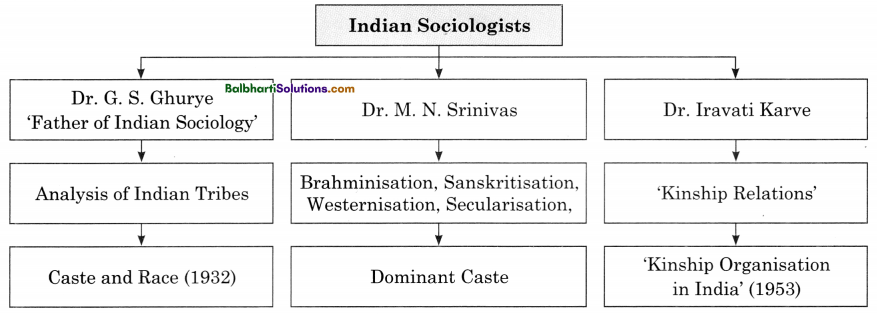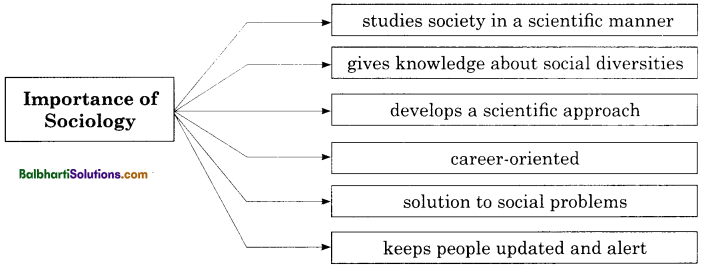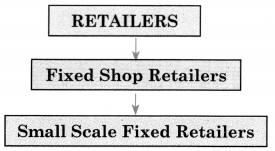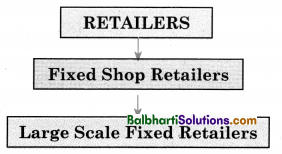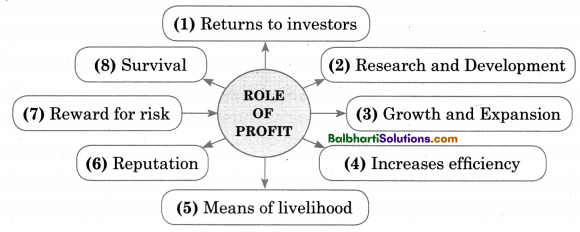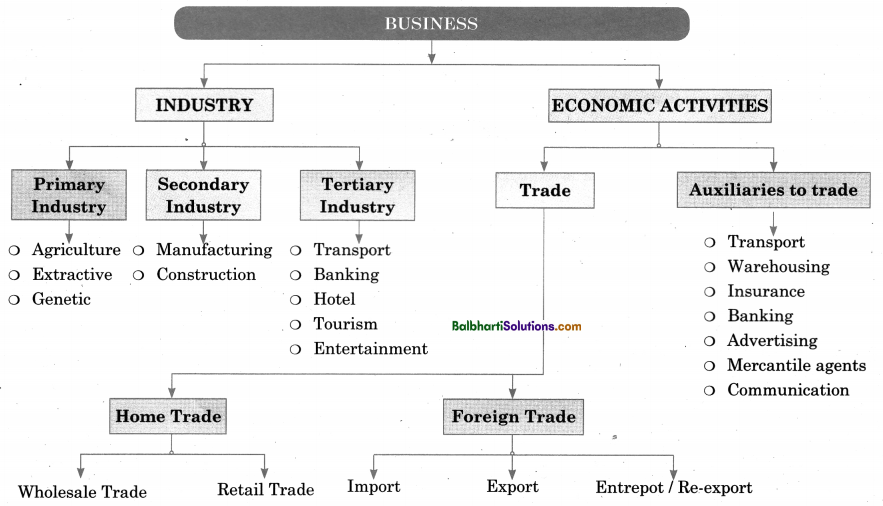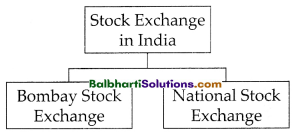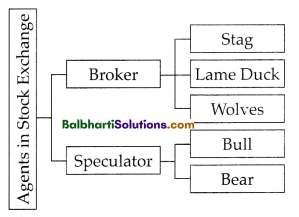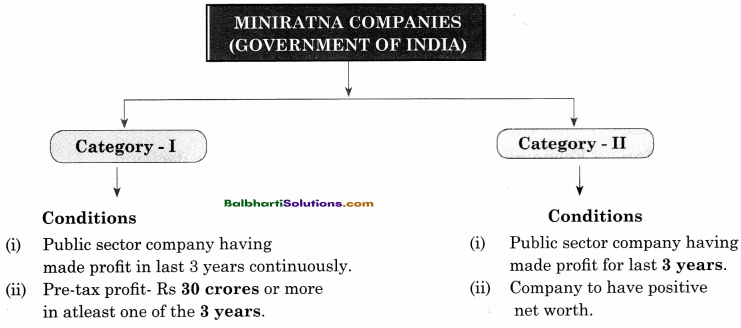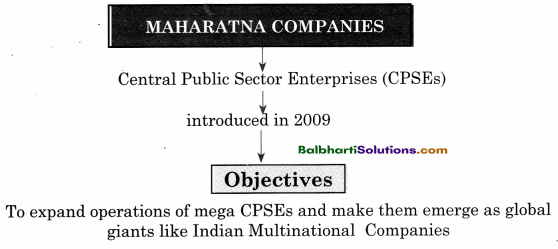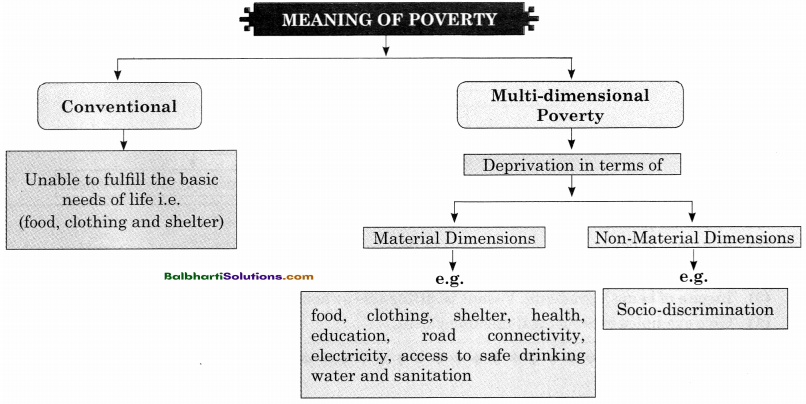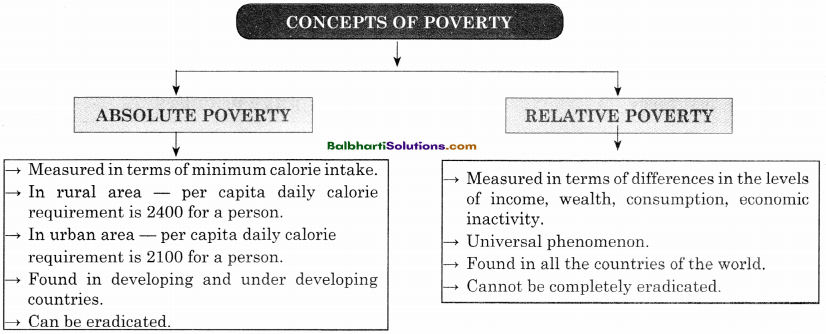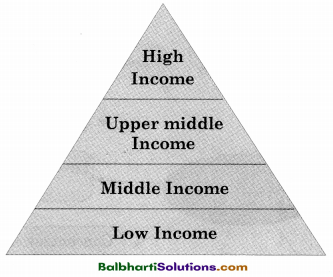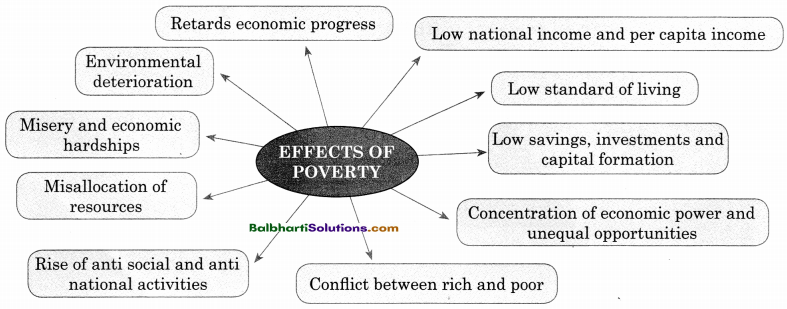By going through these Maharashtra State Board Class 11 Sociology Notes Chapter 2 Contribution of Western and Indian Sociologists students can recall all the concepts quickly.
Maharashtra State Board Class 11 Sociology Notes Chapter 2 Contribution of Western and Indian Sociologists
→ France is said to be the birthplace of sociology as the foundations of sociology were laid by Auguste Comte and Emile Durkheim.
→ Sociology was later continued in other countries in Europe and the western world.
Introduction to Western Sociologists:
- Auguste Comte (1798-1857).
- Emile Durkheim (1858-1917)
- Karl Marx (1818-1883)

(1) Auguste Comte (1798-1857).
- Auguste Comte is popularly known as the ‘Father of Sociology’.
- His full name was ‘Isidore Auguste Marie Francois Xavier Comte.
- He was a mathematician and philosopher, yet expressed the need for ‘reconstruction of society’.
![]()
Three Stages pf Evolution:
- Theological Stage
- Metaphysical Stage
- Positive/Scientific Stage

(2) Emile Durkheim (1858-1917)
- Emile Durkheim has written on social facts, social solidarity, collective representation, social values and morality, crime and punishment.
- He has elaborated an analysis of suicide as a social fact and phenomenon in his book. ‘Le Suicide’.
- Durkheim, “suicide refers to every case of death which results directly or indirectly from a positive or negative act, carried out by the victim himself, knowing that it will produce this result”.
Forms of Suicide:
- Fatalistic Suicide
- Altruistic Suicide
- Egoistic Suicide
- Anomic Suicide

(3) Karl Marx (1818-1883)
- Karl Marx is also known as the architect of communism.
- In his ‘Communist Manifesto’ he said that at every stage in history, there is a war between the classes.
- According to Marx, the economic factor forms the basis of class.
Theory of ‘Class Conflict’ :
- The Importance of Property
- Class Solidarity and Antagonism
- Polarization of Classes
- Revolution
- Surplus Value
- Dictatorship of Proletariat
- Pauperization
- Emergence of the Communist Society
- Alienation

![]()
Introduction to Indian Sociologists:
- ‘Sociology’ and ‘Social anthropology’ were brought to India by British scholars living in India.
- Indian scholars trained in Britain and USA played a major role in the development of their two disciplines.
- A separate department was started in the University of Mumbai (then Bombay) in the year 1919.
- Indian sociologist played a major role in the development of sociology in India, with their specific
contributions.
